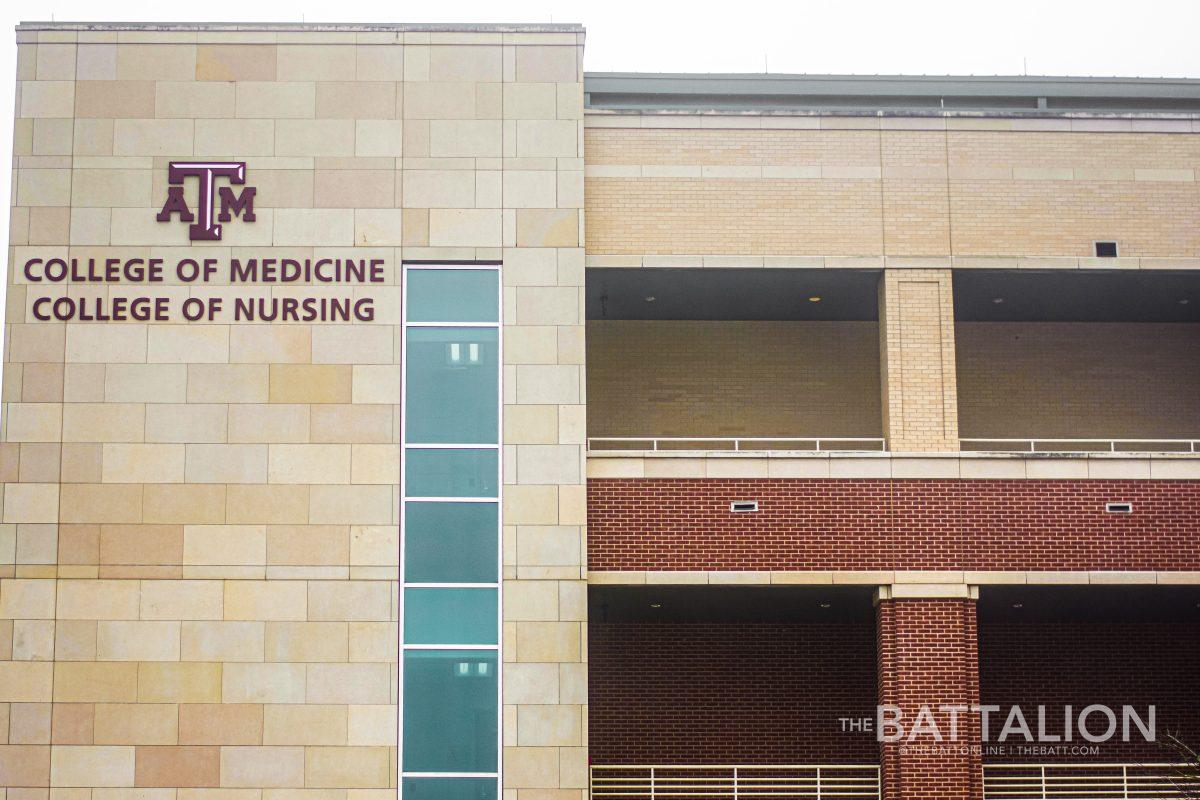Despite the young program, Texas A&M’s inaugural nursing doctoral degree is establishing the next generation of nurses with a purpose to do good.
The Doctorate of Nursing Program in the College of Nursing is an expanded degree option for advanced practice registered nurses and graduate-level registered nurses to eventually serve as practice-oriented nurse scientists.
Clinical associate professor Dr. Gina Rowe said the emphasis behind developing this type of program nationwide is to close the research-to-practice gap.
“The Doctor of Nursing Practice [or DNP] degree is intended to create people who are prepared for practice-based leadership,” Rowe said. “They’re going to be leaders in implementation science. They’ll be skilled in translating evidence into clinical practice and then evaluating that by measuring patient outcomes at the population level, whether that’s a hospital unit or an outpatient clinic, and ensuring quality and safety in the highest level of care.”
Equipping and providing a nursing workforce that can address health needs for rural and underserved areas in Texas aligns with the mission of the college and wider university, Dean of the College of Nursing Nancy Fahrenwald said.
“We have, by nature of being a historical land grant mission institution, an obligation and a responsibility to reach the people of the state with information that is taken from the university and their community,” Fahrenwald said. “Health and healthcare access across the state is a challenge for us.”
The part-time, asynchronous program takes place over seven semesters. Advanced practice registered nurses have a base curriculum of 38 credit hours with a minimum of 500 clinical practice hours. All other applicants have 39 to 41 credit hours. Rowe said the program is geared toward students who have already earned a master’s degree in nursing and are currently working professionals.
“The courses build on one another and culminate in what we call a Doctor of Nursing Practice scholarly project,” Rowe said. “[Students] actually implement a change in practice, either in the setting where they’re currently working or one of the settings that they discover in their clinical rotations.”
When deciding between establishing a Ph.D. or practice doctorate program, associate nursing professor Cynthia Weston said A&M surveyed the surrounding community and its stakeholders.
“Uniformly, they needed DNPs,” Weston said. “They wanted practice doctorates because these nurses prepared at this level are implementation scientists. They take the research that is out there, and they apply it into the practice settings to improve outcomes, lower health care cost and improve patient satisfaction and the patient experience in the healthcare system.”
Because students will learn skills to be able to analyze, evaluate and implement evidence into practice and increase the quality of healthcare, Rowe said this degree will open doors for students in terms of their career, no matter their current area of expertise in advanced nursing practice.
“Whether the graduate stays with the same organization where they currently work or they get a new job after they graduate, they tend to move into more leadership positions because they’ve been prepared with the skills that they need to do that,” Rowe said.
Farenwald said advanced education in nursing is critical for career development, and accessible education for professional nurses is a priority for A&M.
“Our program is an intentionally smaller program so that students have access to the faculty and availability of faculty for one-on-one mentoring and support to help them succeed in the program,” Farenwald said.
Associate Dean for Graduate Nursing Education Matthew Sorenson said this degree demonstrates the growth of the college itself and brings further recognition to nursing.
“This demonstrates that we’re becoming more established within the field [and] that we’re more capable of fostering doctoral degrees,” Sorenson said. “It also demonstrates to some of the other disciplines here that nursing, in many ways, has things to offer through practice and research doctoral education as other disciplines do.”
Applications for the program opened Nov. 1 for classes commencing in the fall of 2022. Weston said establishing the program is the first step in improving health at the highest level.
“We know that nurses are creative and innovative when we equip them with the skills to implement the research that is out there, to look and solve the problems of health care,” Weston said. “Nurses are the frontline health care workers. They’re the hands of healthcare. They’re the closest to the patients and families and communities. They have unique ways of looking at the social impacts, social determinants that impact health and addressing those problems.”










